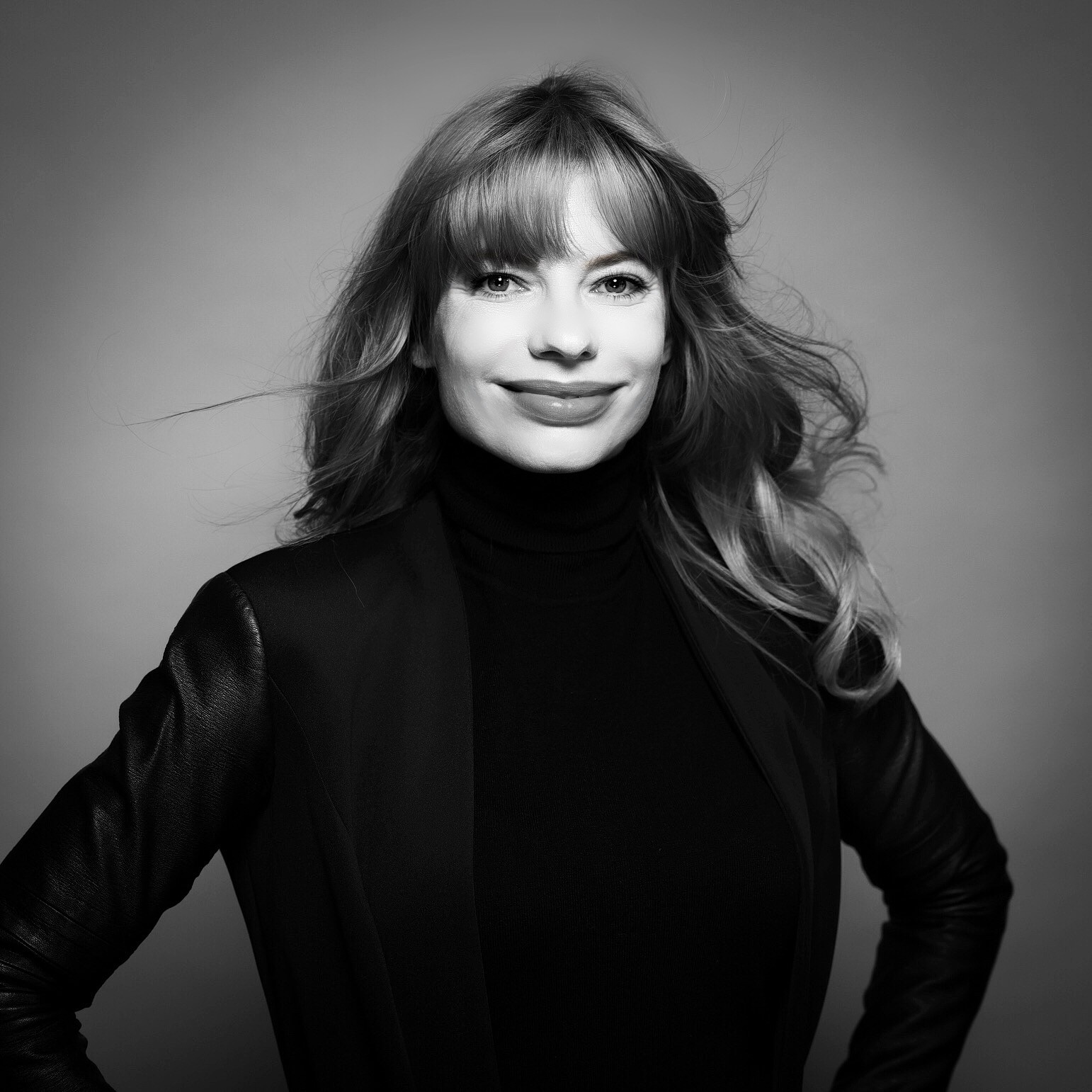We recently connected with Denise Tirrel and have shared our conversation below.
Denise, thank you so much for taking the time to share your lessons learned with us and we’re sure your wisdom will help many. So, one question that comes up often and that we’re hoping you can shed some light on is keeping creativity alive over long stretches – how do you keep your creativity alive?
Creativity in the modern sense is the ability to go beyond traditional ways of thinking and develop new ideas, whereas in the Middle Ages creativity was seen more as celestial inspiration. Keeping my creativity alive and honing it is helped by my insatiable curiosity about the world and seeing beauty in the simplest things. The way children think from a neurological perspective is also something we adults should allow ourselves to do more often. They still have the ability to make connections between unrelated things. Basically, it is curiosity, a thirst for knowledge and conscious perception.
Great, so let’s take a few minutes and cover your story. What should folks know about you and what you do?
When I first started to get really serious about art, I didn’t realize how much it would affect my life, because like many of us, I had only been doodling on the phone or drawing in the margins of my notepad during meetings. My aunt saw my potential and kept encouraging me to go a little beyond the usual. At some point, I posted a painting on social media and the response was shockingly good. I immediately received two more commissions from the customer who bought the painting. This was the starting signal when circumstances forced me to become self-employed on the side. Self-employment was therefore a logical result of the independence of a hobby that was supposed to serve as a balance to my stressful main job.
Four years have passed since then and I can look back on several exhibitions in Spain and Germany, while my portraits adorn the walls of families in Germany, Denmark and Spain, for example. I am very grateful to these families for the trust they have placed in me and I maintain these relationships.
As a self-taught artist, there were of course obstacles to overcome. A big factor at the beginning was that I had neither experience with techniques nor had I ever been self-employed before. Not to mention the amount of time it takes to not only be an artist, but also to maintain social media, a website and everything else that comes with it.
Luckily I am blessed with the optimism that I can do everything and if not, I will find out and then I am one step closer to the solution. In fact, the former usually works well.
In addition to further exhibitions, the introduction of an online shop is planned for this year. The test run with own promotional items as well as drawings and prints on a cultural market in September 2023 was successful.
As at the beginning of my artistic career, nothing was forced, everything took its natural course. It is incredibly beautiful when you give things space to develop and are surprised where they take you.
Looking back, what do you think were the three qualities, skills, or areas of knowledge that were most impactful in your journey? What advice do you have for folks who are early in their journey in terms of how they can best develop or improve on these?
Besides my aunt, who served as my mentor, my family and friends have had the greatest influence on my artistic journey. They have supported and encouraged me, sometimes without my knowledge. The satisfaction of my clients is probably one of the most important motivators. However, the greatest source of inspiration is nature itself. It never ceases to amaze me to see the colors of the sky or the intricate details of nature.
Fundamental skills include willpower, passion, courage, discipline, self-confidence, mindfulness and sociability. It is important to have faith in yourself and not be too hard on yourself.
If you knew you only had a decade of life left, how would you spend that decade?
If I only had a decade to live, I wouldn’t do much differently on the whole, perhaps work less in ma main job, but travel more and focus on art. Perhaps in combination with travelling. Just like I already do every day when I commute to work. I rarely leave the home without coloured pencils and a clipboard. Fellow travellers come to look over my shoulder as I work. It brings the art closer to them and at the same time they realise how much work goes into a portrait. In the beginning, it took a lot of effort to work in front of people, but it also made me grow personally as I moved out of my comfort zone.
Contact Info:
- Website: www.denisetirrelfine.art
- Instagram: denisetirrel_fineart
- Other: TikTok: denisetirrel_fineart
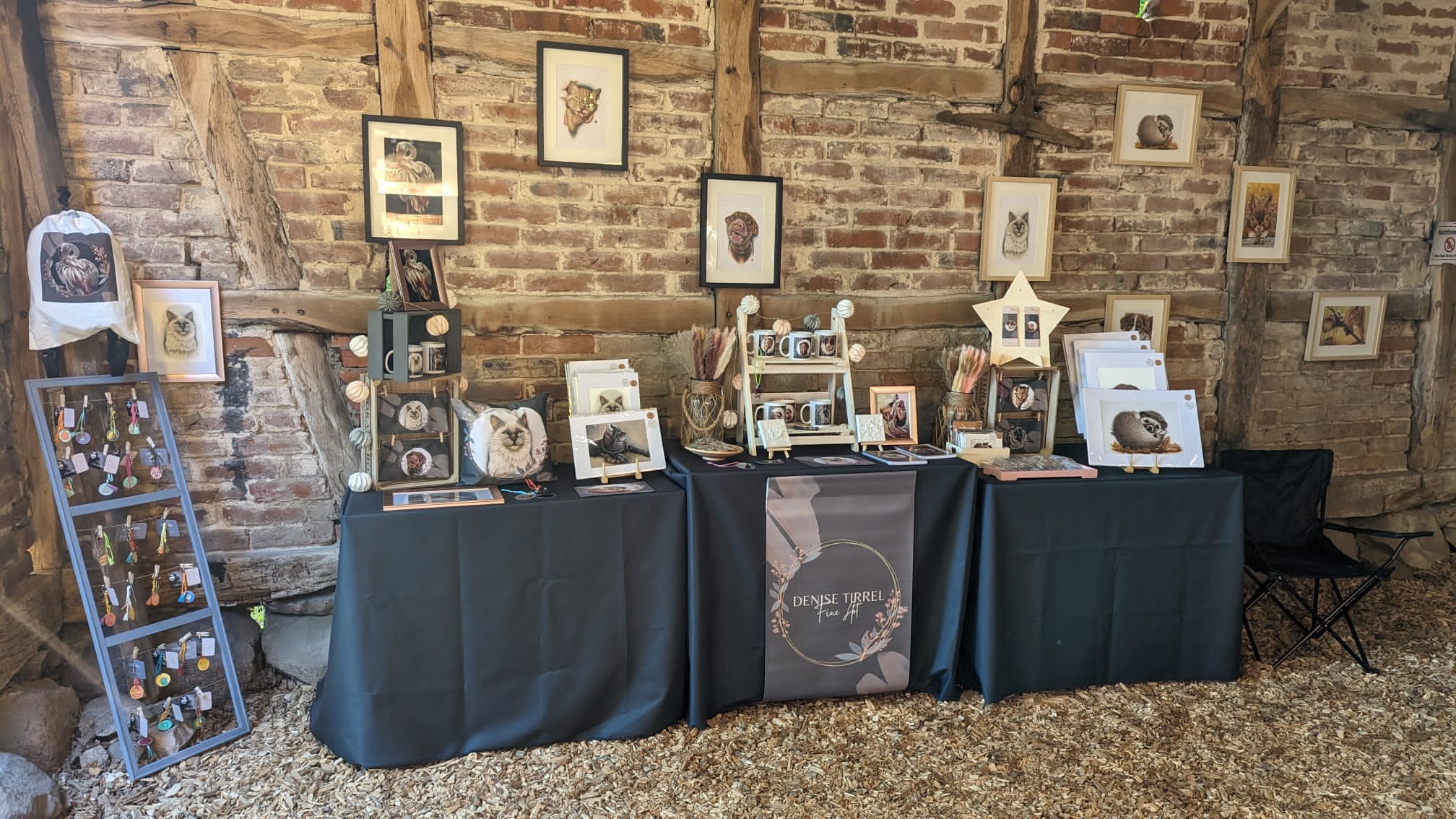
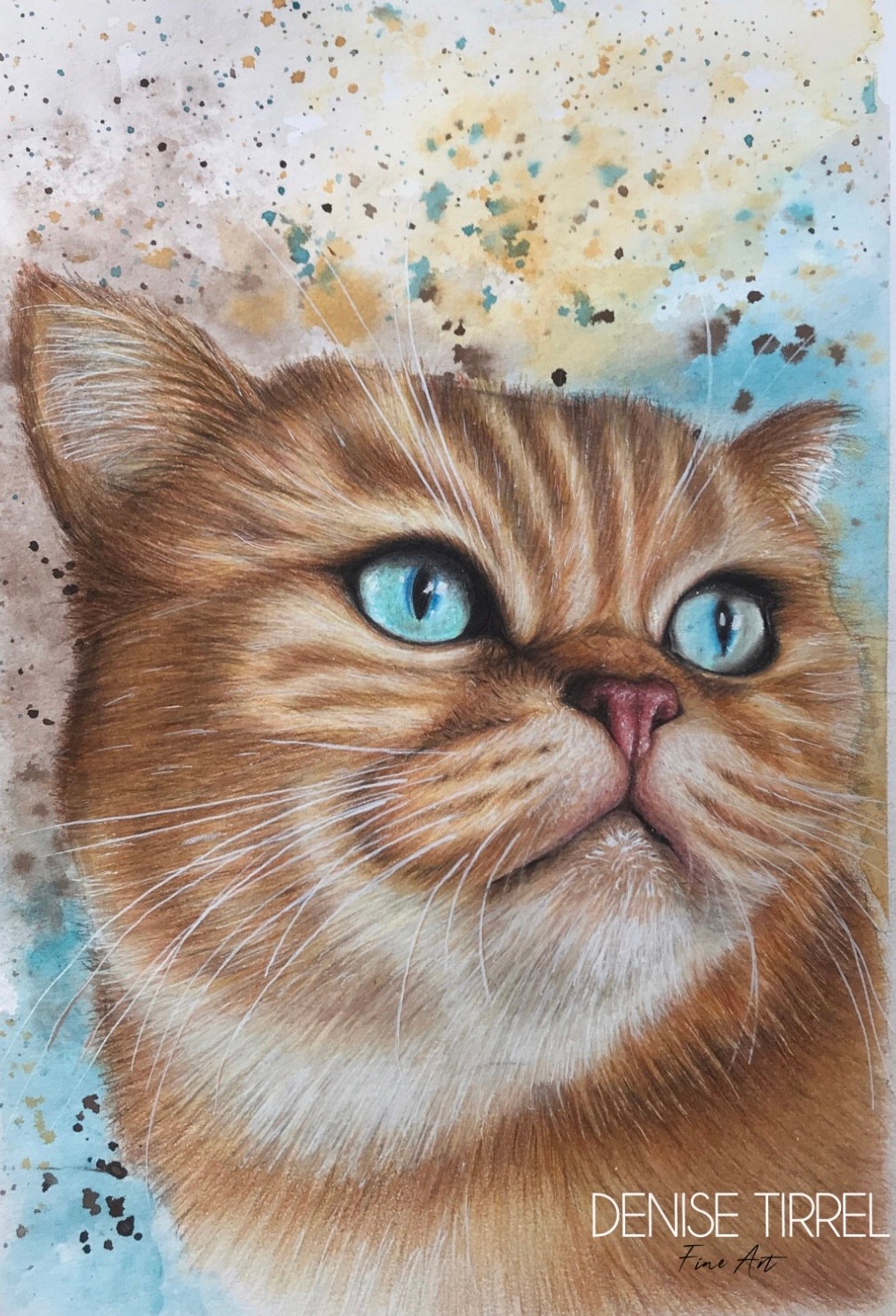
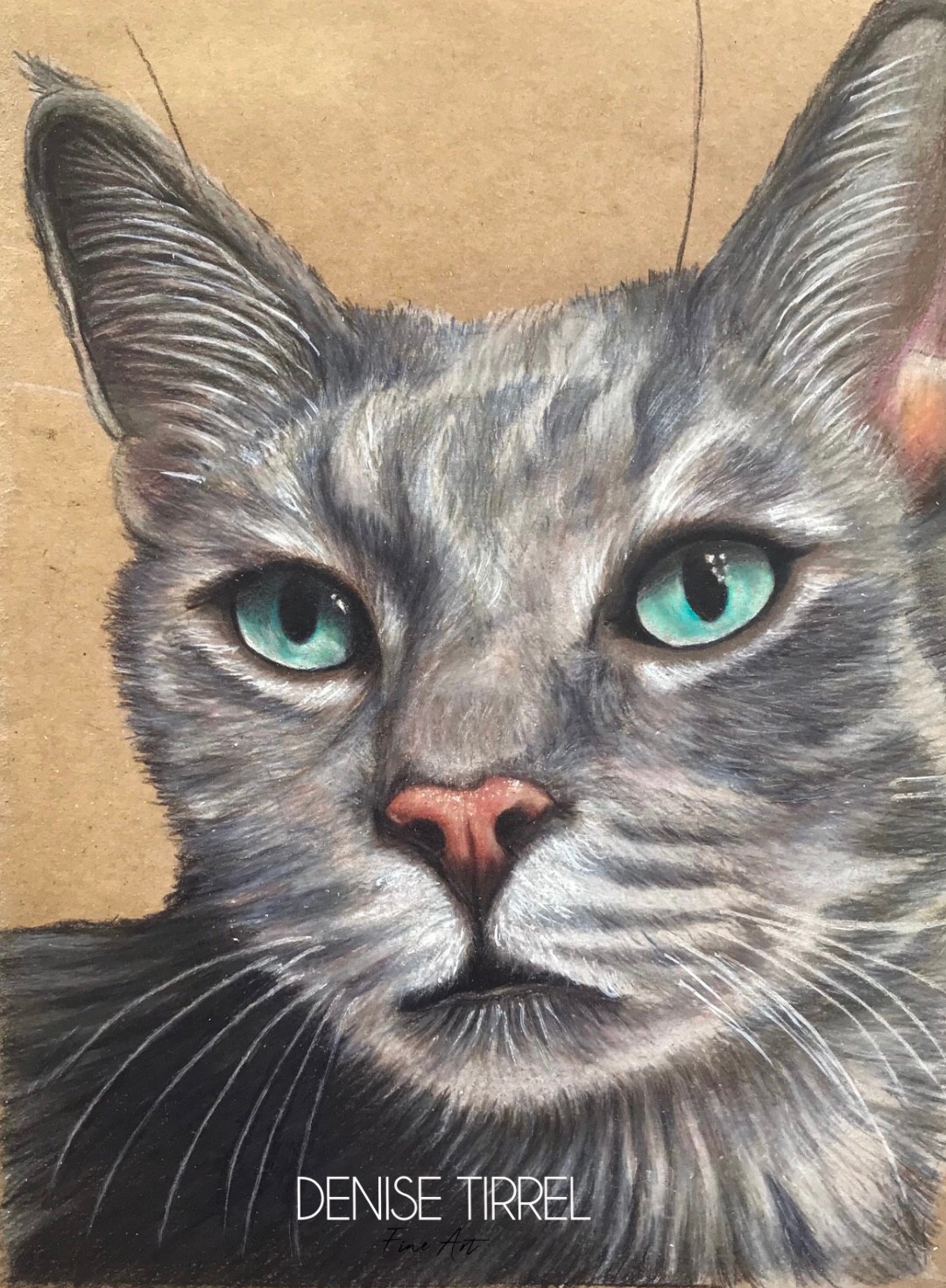
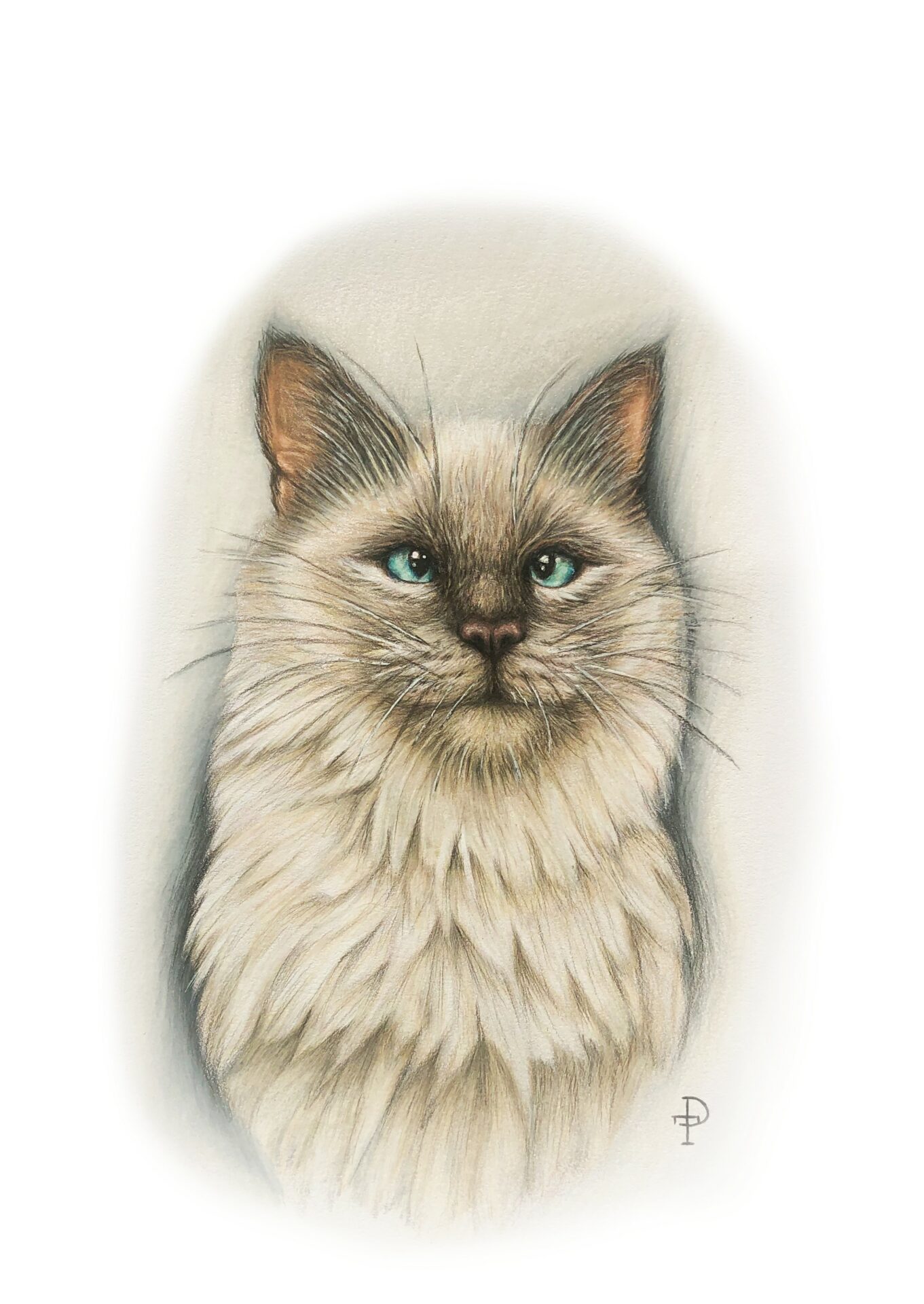
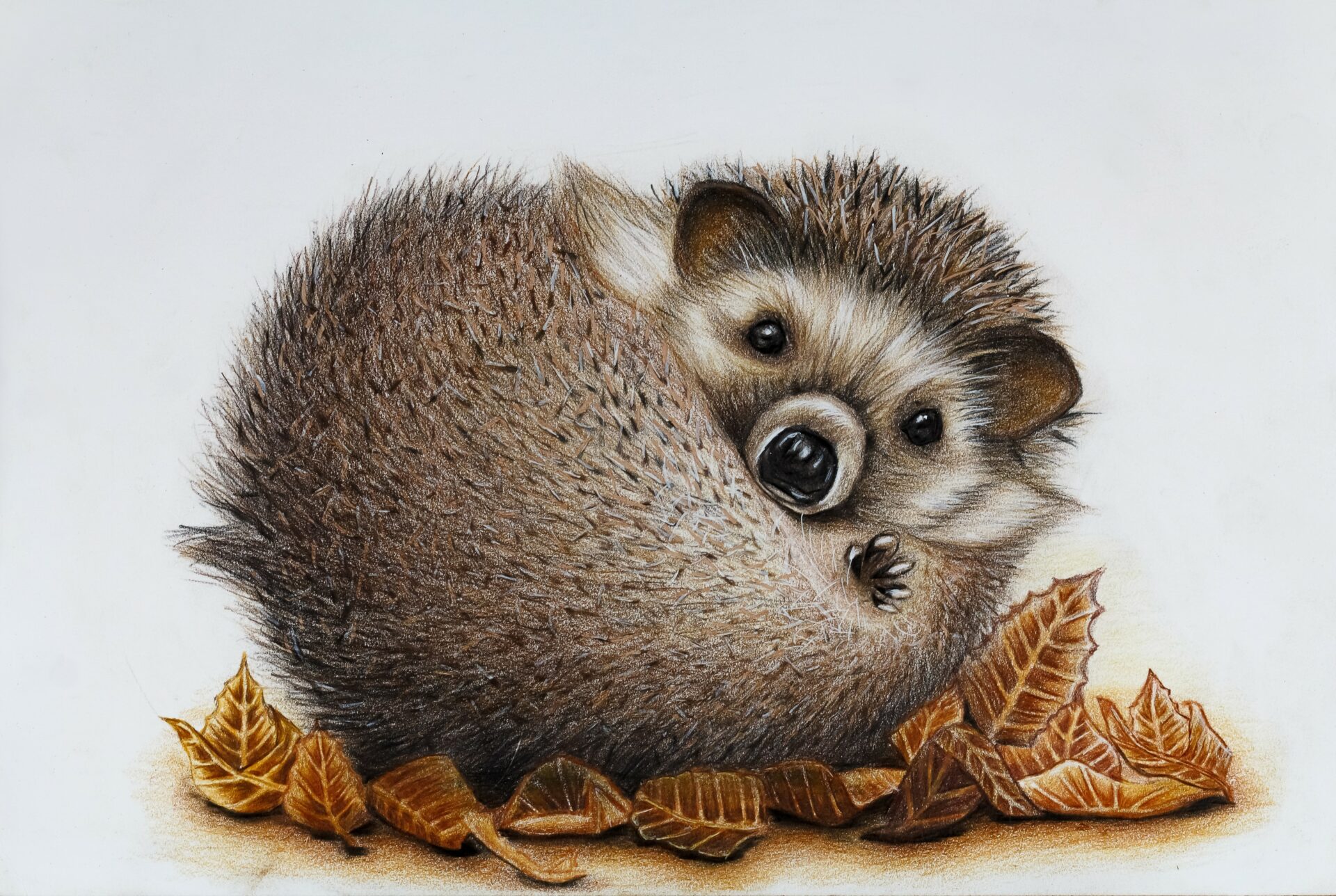
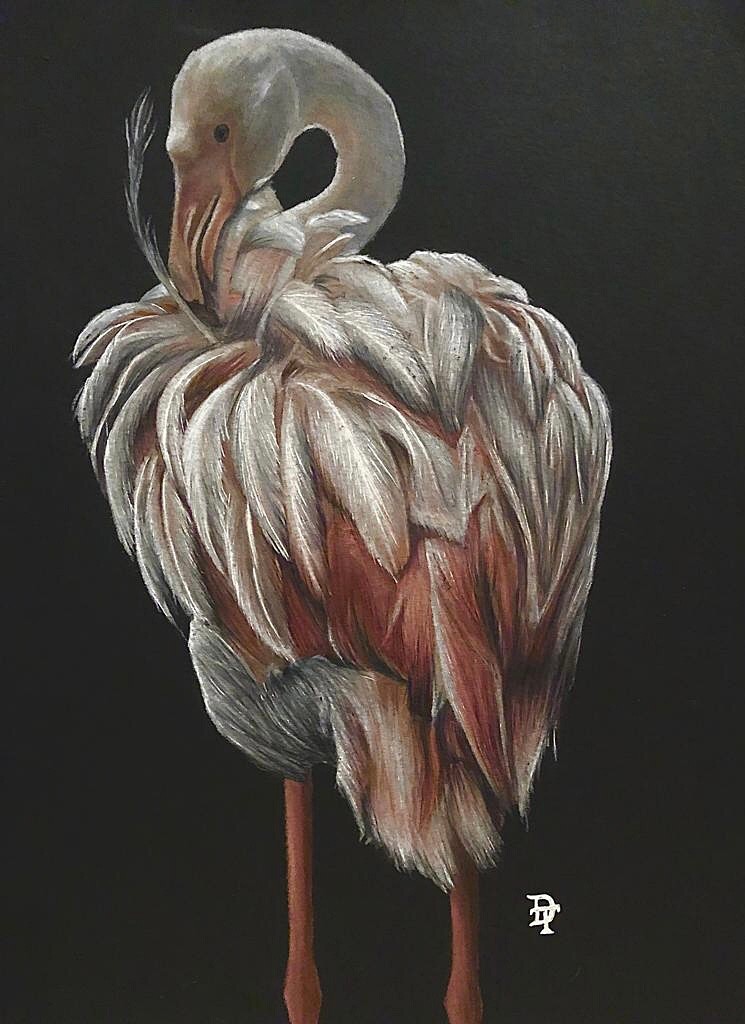

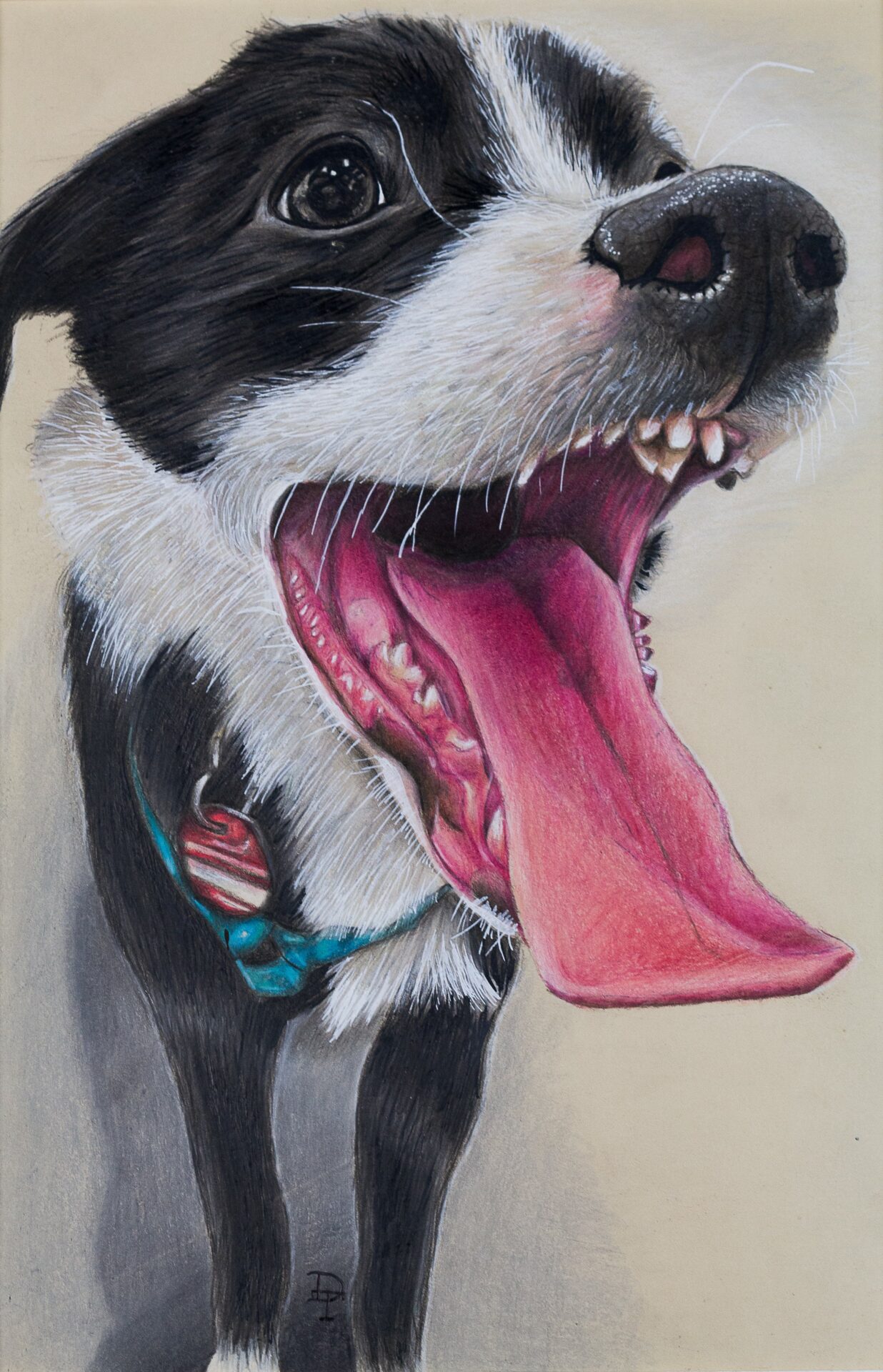

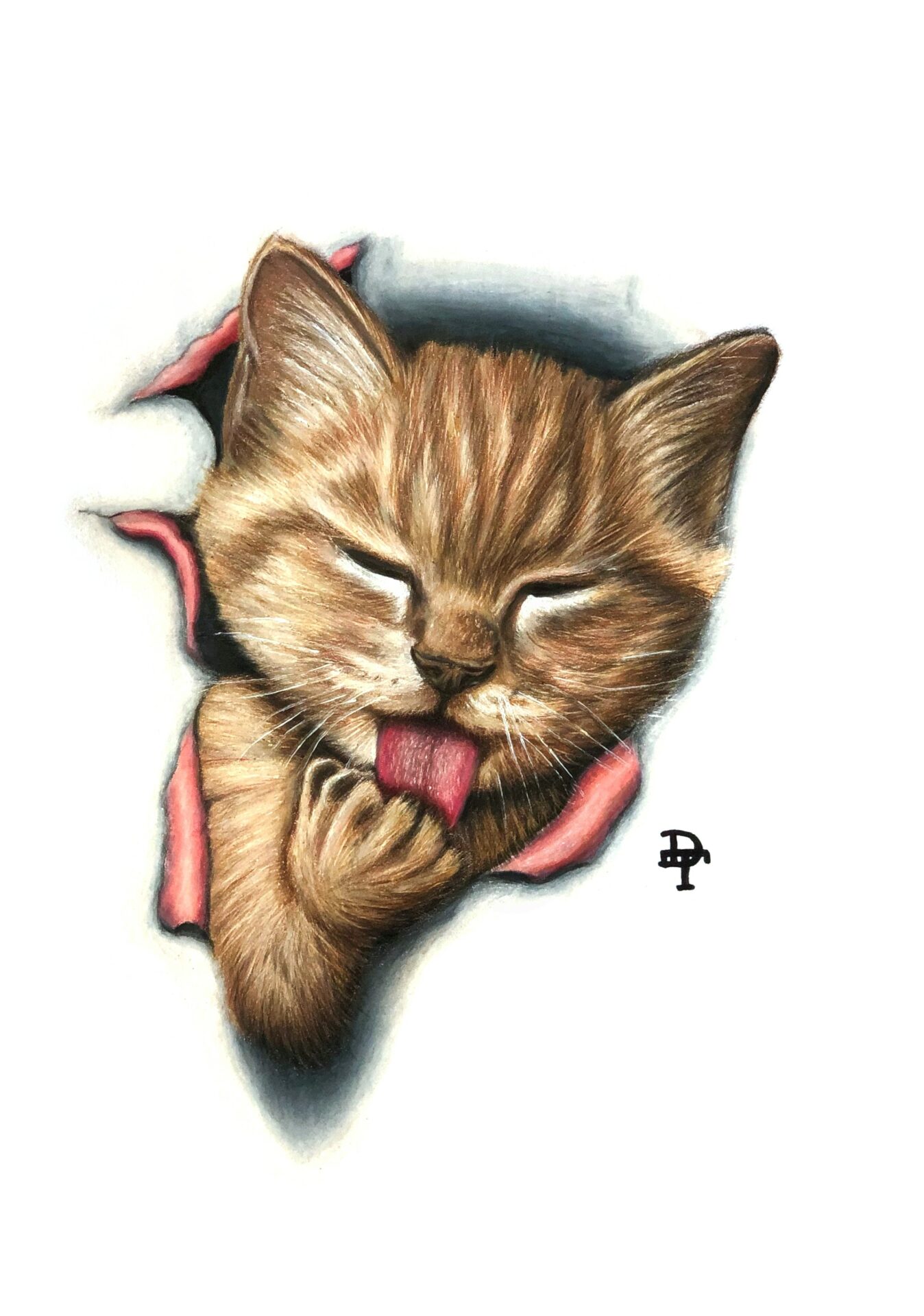
Image Credits
Denise Tirrel

